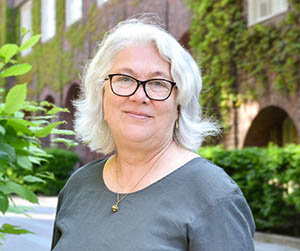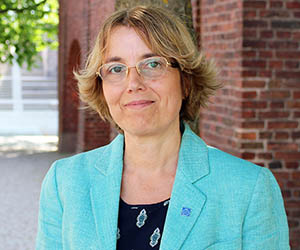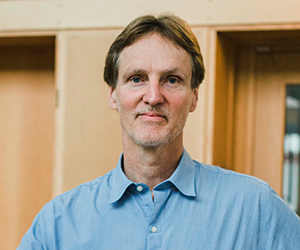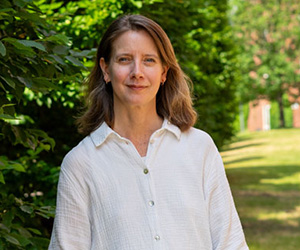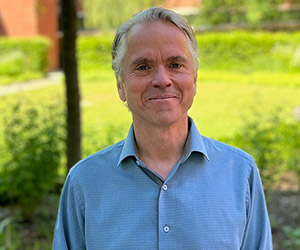KTH's new agenda for change
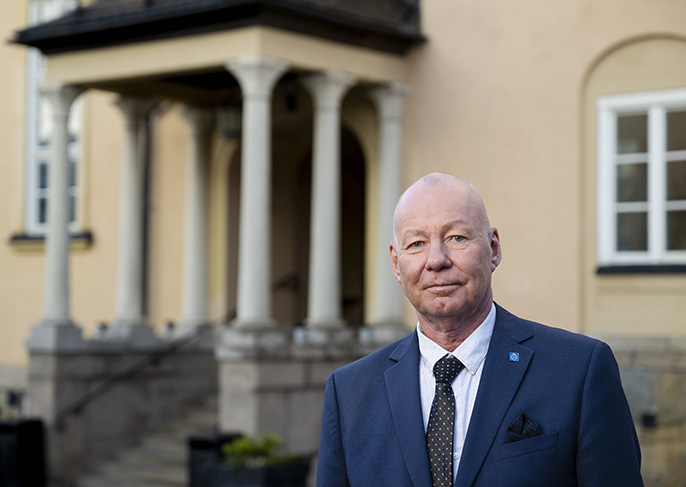
KTH's new operational plan, adopted and effective from 21 May, sets out the management's agenda and priorities for 2024-2026.
For the whole of KTH, the starting point is the vision ‘We take the lead for sustainable societal development’ and the overall goals.
The focus and priority is on the education offered, research organisation and long-term funding, the career system, research and education environments on KTH's campuses, and the recurring striving towards a balanced economy. Together with the priorities of the schools and the University Administration, they constitute KTH's reform agenda.
Moving forward
" The operational plan asks many questions and does not have all the answers, but is more comprehensive than previous plans have been. ‘The idea is not to explicitly write down exactly what is to be done, but I think it gives more energy to work more trust-based, where we also need to make certain choices in dialogue as we move forward on the various issues," says Anders Söderholm, President of KTH.
There is no ranking within the overall goals.
"No, it's not a ranking but an overall assessment of what needs to be prioritised and there are also different arguments for the five areas," says Söderholm, citing the career system and research funding as examples.
"They affect the working environment every day for many of our researchers and can perhaps be said to generate daily stress in the organisation. It is important to emphasise the importance of daring to take on this type of difficult, or perhaps intractable, challenge."
KTH is already in the process of working on several of the priorities through a number of President's decisions that have been made along the way, such as the range of courses offered and the organisation and funding of research.
"Much more fun"
"Research is perhaps the most difficult area to change, as we operate and are successful in a fragmented system and we want to build leading research in a more robust and systematic way," says Söderholm.
Last year, the focus was mainly on the economy.
"Even if we need to keep scrimping before things turn around, this development of KTH's activities as an internationally leading university together with the schools is much more fun. A development that, in all matters, is characterised by sustainable development and vision."
Text: Jill Klackenberg

